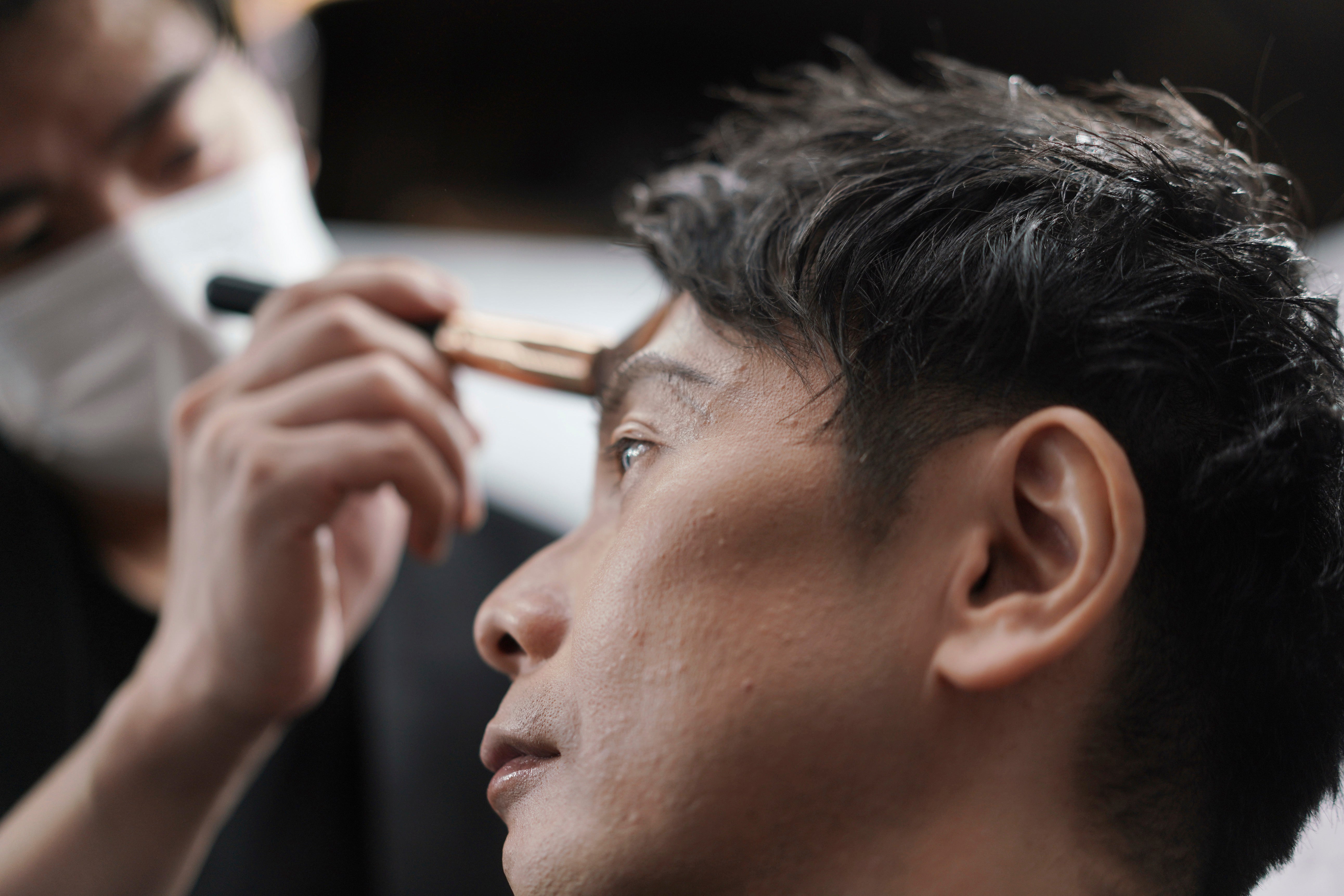Japanese make-up industry boosted by older businessmen wanting to look good in online meetings
Japanese businessmen in their 40s, 50s, and 60s have been increasingly visiting salons, a Tokyo-based salon owner said

Your support helps us to tell the story
From reproductive rights to climate change to Big Tech, The Independent is on the ground when the story is developing. Whether it's investigating the financials of Elon Musk's pro-Trump PAC or producing our latest documentary, 'The A Word', which shines a light on the American women fighting for reproductive rights, we know how important it is to parse out the facts from the messaging.
At such a critical moment in US history, we need reporters on the ground. Your donation allows us to keep sending journalists to speak to both sides of the story.
The Independent is trusted by Americans across the entire political spectrum. And unlike many other quality news outlets, we choose not to lock Americans out of our reporting and analysis with paywalls. We believe quality journalism should be available to everyone, paid for by those who can afford it.
Your support makes all the difference.Japanese businessmen have been visiting salons and buying beauty products in increasing numbers in a bid to improve their image for online meetings – giving a boost to the country’s flagging make-up industry which like many sectors has been struggling during the pandemic.
Takumi Tezuka, who owns a make-up and hair salon in Tokyo, told the Associated Press that businessmen in their 40s, 50s, and 60s have been coming to the salon because “they feel they must wear make-up”.
He said businessmen have more opportunities to look at their faces during online meetings and have started to care more about their looks.
Shiseido, a personal care company, also released online make-up filters for men last month. The company said it received multiple requests after releasing make-up filters for women for online meetings last year.
Shiseido’s men’s care brand, Uno, saw double digit growth during the pandemic. “I think the coronavirus has created a certain condition that urges businessmen to be more aware of their skin condition,” Yoshiyuki Matsuo, Uno’s assistant branding manager, told the Associated Press.
The trend is also playing out in the United States, where men are increasingly turning to make-up to hide blemishes and redness during online meetings.
Pergrin Pervez and Matthew Rodrigues, co-founders of men’s beauty brand Tribe Cosmetics, told CBS News that most men “just want to look like better versions of themselves”. The company recorded a 120 per cent rise in sales over the six months to March.
Stryx, another cosmetics brand for men, also saw its sales and website traffic jump in May and June last year, according to The Washington Post. Jon Shanahan, Stryx’s chief marketing officer, did a series of videos to teach men how to look their best on video calls.
Join our commenting forum
Join thought-provoking conversations, follow other Independent readers and see their replies
Comments